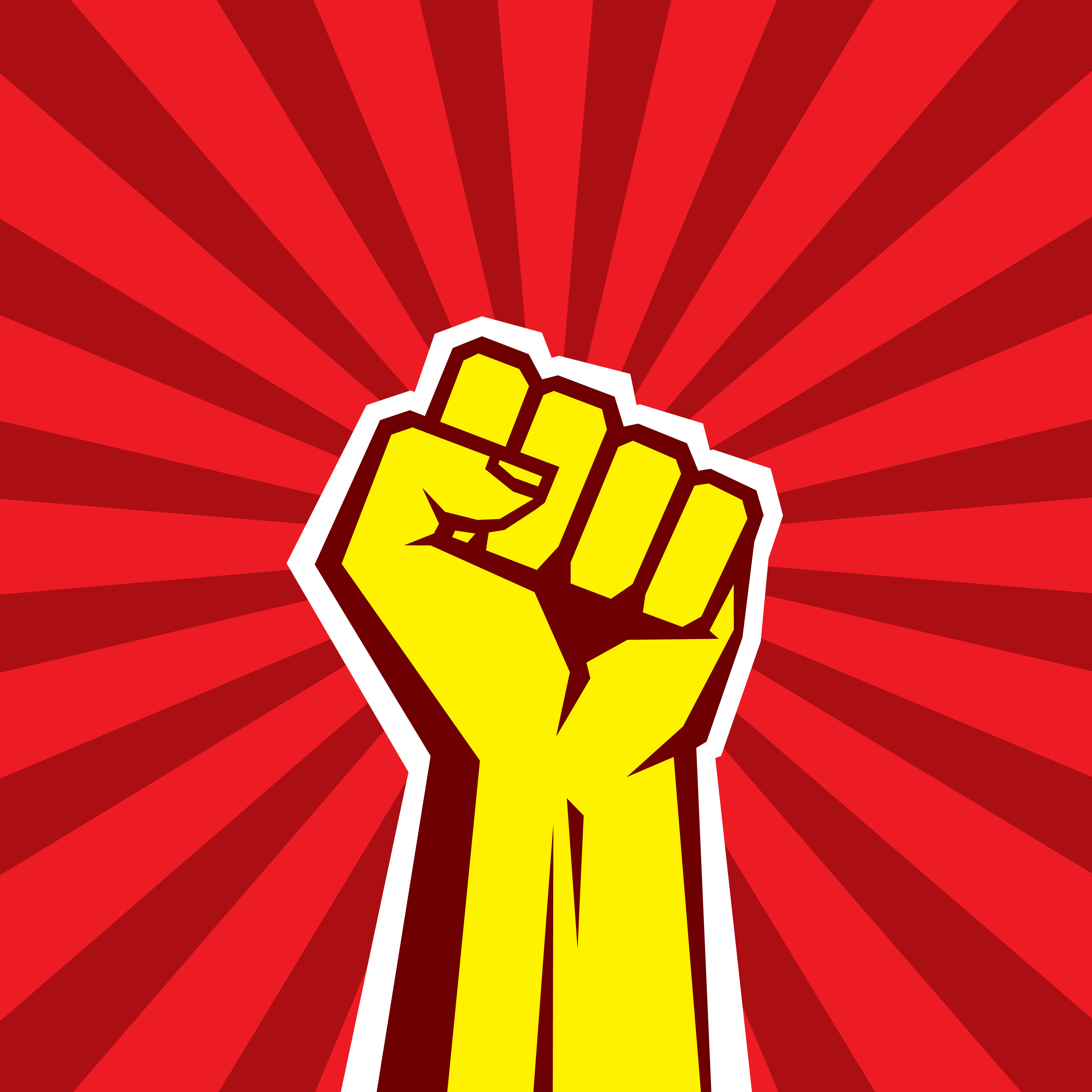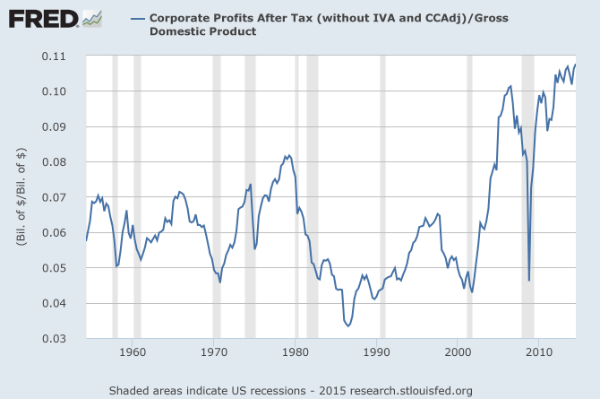This oil worker strike shows how unions can boost the middle class
Just imagine if all industries had this level of worker empowerment


A free daily email with the biggest news stories of the day – and the best features from TheWeek.com
You are now subscribed
Your newsletter sign-up was successful
Something extremely unusual is happening in America: Workers are going on official strike.
We're used to seeing unofficial "wildcat" strikes at Walmart and fast food chains, but this one is the traditional kind. It involves oil workers for Royal Dutch Shell, represented by the United Steelworkers Union, who are striking for a raise and better working conditions.
The strike began with about 4,000 workers at nine refineries, and several thousand more have since joined the effort after negotiations went nowhere. The union represents about 30,000 oil workers in total, and could potentially disrupt 64 percent of U.S. fuel production, according to Bloomberg. It's the biggest oil worker strike since 1980 (though it doesn't come close to the big ones of the past, like the 1997 Teamsters strike against UPS).
The Week
Escape your echo chamber. Get the facts behind the news, plus analysis from multiple perspectives.

Sign up for The Week's Free Newsletters
From our morning news briefing to a weekly Good News Newsletter, get the best of The Week delivered directly to your inbox.
From our morning news briefing to a weekly Good News Newsletter, get the best of The Week delivered directly to your inbox.
Like any good lefty, I support the workers, though the oil industry as a whole is problematic from a climate change perspective. But I'd like to focus on the general principle at hand here. Big-time strikes are so rare in this country that many people tend to think of them as a problem, not a solution.
First of all, Royal Dutch Shell can easily afford the kind of worker safety measures and raises the union is asking for. It's true that oil prices are quite low (for the moment), but these companies are obscenely profitable. Last quarter alone Shell spent $4 billion on stock buybacks and dividends.
Still, it is pretty easy to understand why outsiders can be resentful. Unionized longshoremen, for instance, can sometimes make north of $100,000 a year or more, when you take good benefits into account (though those numbers are often misrepresented by management).
But the reason they can make that kind of good money is precisely because they're in a union that constantly acts, by going on strike, to maintain their position. Their actions show the kind of jobs that everyone could have, if productivity gains were shared instead of captured by capital.
A free daily email with the biggest news stories of the day – and the best features from TheWeek.com
It's not like businesses don't act to maintain their dominant position. Strikes are highly visible and get a great deal of media attention, but there is countervailing pressure on the side of capital to squeeze workers as hard as possible, to raise profits. It doesn't get nearly as much attention, but it's equally relentless, and much more effective.
Don't believe me? Just look at recent economic history. Private sector union density fell from 35 percent in the mid-1950s to 11 percent today. Corporate profits went the exact opposite direction. Here they are as a share of the whole economy:

But while business has been soaking workers to a degree not seen since before the Great Depression, pro-union sentiment actually fell to unprecedented lows. By 2011, only 48 percent of people supported unions (though it has since rebounded a bit). Compare that to 75 percent support in the 1950s.
This represents three things: the sheer absence of unions from most modern life, making their benefits harder to see firsthand; the general weakness of Clintonite liberalism at a time of unrestrained top-down class war; and the devious effectiveness of "right-to-work" propaganda.
But it is still the case that unions provide one of the only mechanisms by which capital can be forced to share the benefits of economic growth. Big Business simply won't do it otherwise. And running the economy hot, while good in itself, simple doesn't provide a consistent enough countervailing force to build any sort of upward wage pressure.
Mainstream thinking on labor issues often goes like this: "Why do these people, who already have nice jobs, deserve even more?" What we should be asking is: "How can I get some of those benefits for myself?" The answer is this: Join a union, or organize one if none is handy.
Ryan Cooper is a national correspondent at TheWeek.com. His work has appeared in the Washington Monthly, The New Republic, and the Washington Post.
-
 The Olympic timekeepers keeping the Games on track
The Olympic timekeepers keeping the Games on trackUnder the Radar Swiss watchmaking giant Omega has been at the finish line of every Olympic Games for nearly 100 years
-
 Will increasing tensions with Iran boil over into war?
Will increasing tensions with Iran boil over into war?Today’s Big Question President Donald Trump has recently been threatening the country
-
 Corruption: The spy sheikh and the president
Corruption: The spy sheikh and the presidentFeature Trump is at the center of another scandal
